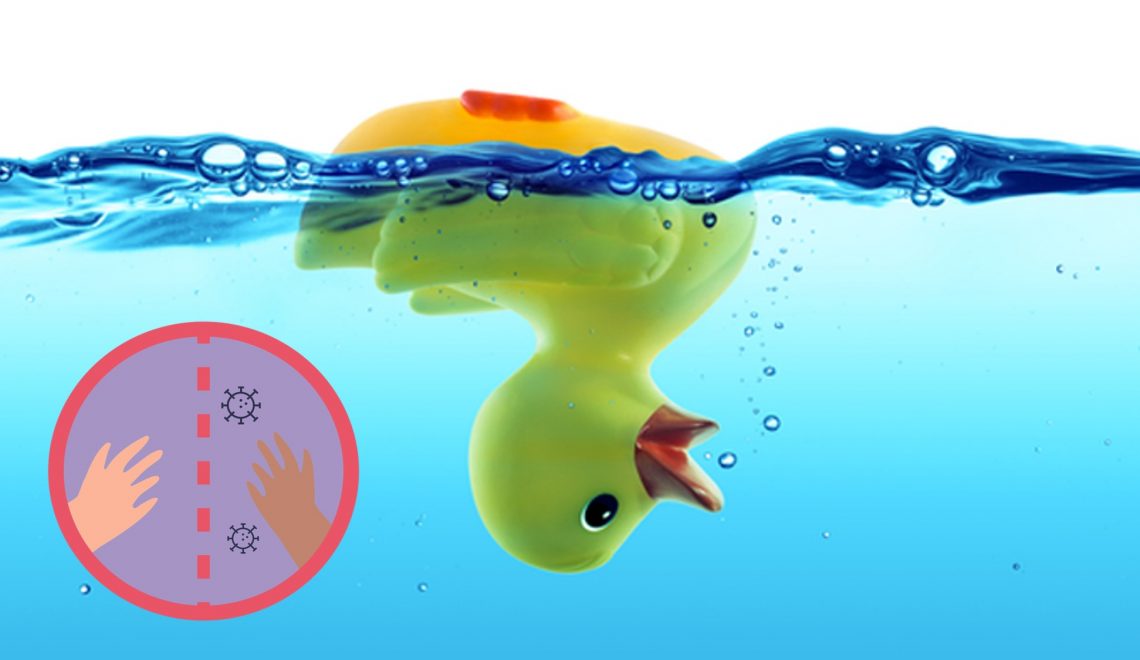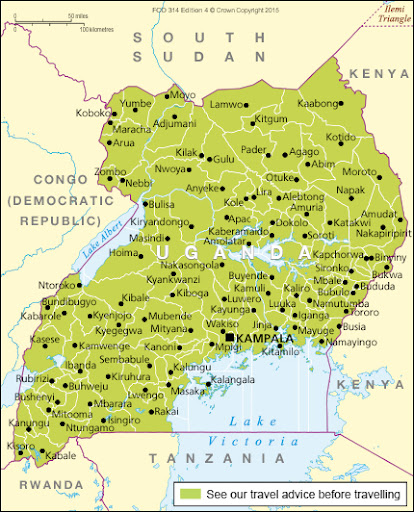
It all seemed to be going very well for Uganda with the Covid-19 pandemic until last month. There hardly any deaths and the rate of infections was low. All of this despite the fact that we were not truly observing the standard operating procedures out in place by government. Not many were wearing the masks correctly, social distancing or maintaining the expected hygiene. The lack of discipline had even led some to believe that this whole bruhaha was a conspiracy concocted by some ‘mafia’ types to enrich themselves!
But then something seems to have gone horribly wrong. Suddenly there was a spike in community infections and some more deaths. As I write this we have (according to official records as at 25th August) recorded 2,524 ‘Ugandan’ cases and 26 deaths. On August 21st, we recorded the highest number of cases – 318 in total. Since August 19th, we have been recording an increasing number of cases on average, pointing to the fact that our strategy is now in tatters. Rumours of a second lockdown have also been spreading and there seems to be no official position or agreement on what to do.
At this point in time we are in a quandary. Heads we lose, tails we lose. Here is why. The reason we had the lockdown was to prevent and also prepare ourselves to manage the fallout from the ravages of the disease. As a result of the lockdown we incurred a terrible economic cost from which it is going to be difficult to recover in the short term. While we had projected a growth of 6.5% pre Covid-19, we are down to an estimate of about 3.5%. Whichever sector you look at, there have been serious negative impacts. Jobs have been lost, productivity impacted and the social spending on health has shot up. (And that is not to mention the many children stranded at home and losing out on an education). Apart from loss of wages and incomes in the short term, we expect that we shall have increased poverty, loss of human capital, deterioration of infrastructure (depreciation through non-use) and increased food insecurity in the medium term to long term. Therefore a second lockdown looks unlikely.
If we don’t have another lockdown while continuing with the indisciplined behavior profile that we are seeing, then infections can only continue to shoot up. These infections already seem to be overwhelming the capacity of our health sector, given the aforesaid poor observance of preventive procedures. Conventional wisdom also points to the fact that given that a large proportion of our population (about 67%) are below 24 years old they are going to be largely asymptomatic super spreaders. On the other hand, the handling of infected persons has left many feeling stigmatized and desolate. Because of the unwarranted victimization/mistreatment in quarantine of infected persons, the contacts they had been associated with have gone into hiding.
As we have noted before, there is no cure for Covid-19. At best we shall find a vaccine. As a poor country, even if that vaccine is found tomorrow, we rank way down in the food chain to be considered for immediate assistance. Thus this pandemic is going to be around with us for a long time. In the fulness of time, those of us who do not get vaccinated will be infected with the virus and have to depend on the toughness of our physical constitutions to survive.
It never rains, but pours. As if we don’t have enough trouble on our hands, we must be subjected to another election. As a result of the on-going campaigns, we are witnessing large crowds gathering to listen to the candidates. And then again, while government has advised that these elections should be ‘scientific’ there seem to be different laws for different candidates. While some are estopped from campaigning, others are allowed to do as they wish. That, ladies and gentlemen, is the lay of the terrain. A little more caution and discipline wouldn’t hurt.
Samuel Sejjaaka is Country Team Leader at Mat Abacus Business School. Twitter @samuelsejjaaka



